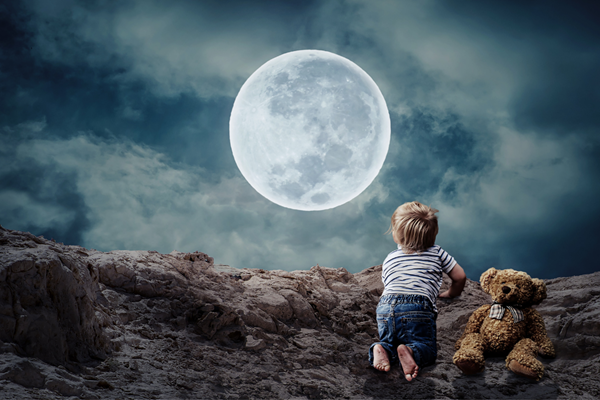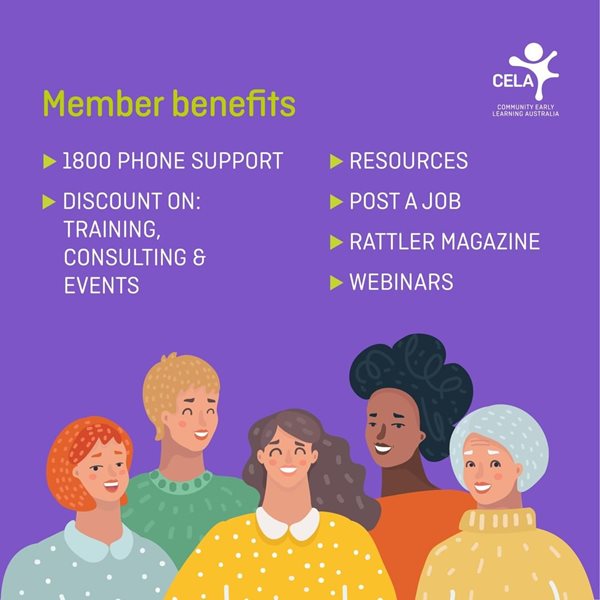The theme for Space week 2020 (Sun, 4 Oct – Sat, 10 Oct) is ‘Satellites improve life’. It might seem like a challenging theme to discuss with preschoolers until you realise how many satellites are part of our daily life.
Hayley Bates from Little Scientists talks us through how we could start discussions and investigations on this topic within a context that everyone can easily embrace.
By Hayley Bates
When I first heard that the theme of this year’s World Space Week was, “Satellites improve life”, I did wonder whether they really did.
And, after a bit of thought, I would argue they do.
Then I started to think about how we can explore satellites with young children as space is a very abstract concept.
Of course, children might know that stars are hot, planets are big and rockets are both big and hot and fast and blast. But, the actual spaces involved, the distances, the temperatures, the vacuums and the sheer size of space is overwhelming to adults, so how relevant can it be to children?
How do we reach out to the unreachable?
How do we make it hands-on, inquiry-based?
How do we make it real?
We could start with a very familiar satellite.
Start with our friend the moon
In 1969, humans first landed on the Earth’s most well-known, largest natural satellite, the Moon.

Perhaps you could take a look at the many faces of the Moon. Why does it wax and wane?
Or you could play the game, the Moon has a round face.
My husband has finally convinced me that there is a rabbit in the face of the full moon – seriously, next time the moon is full, check it out. It will make you wonder why you have never noticed it before.
Talk about technology
Looking at photos of the year 1969, when the first moon landing took place, is a great start for an investigation into the moon landing, the moon and satellites.
Exploring the technology of the time can take you to the development of the telephone and other forms of communication technology, which might lead naturally to an investigation of other Earth satellites.
Tin can telephones are a hands-on way for the children to investigate communication technology. You can also explore acoustics with a coat hanger and string: Why is it that in space no one can hear you scream?
You could compare navigation then and now and what the children may have witnessed when their parents used navigation to drive an unfamiliar route.
- How does the navigation system know your location?
- How did people get around before this technology existed?
Take a trip to the space station
Get creative by taking the children on an imaginative journey of the International Space Station, the largest artificial object in space, or invite them to design something to make life easier on the space station.
Inspired by NASA’s Lunar loo challenge to design a toilet for its next moon mission, the children could investigate other aspects of life in space, such as how people eat on the space station and which designs and inventions could improve the astronauts’ experiences.
Wonder about the weather
If you’re looking for an everyday, down-to-earth phenomenon to start your journey into the world of satellites, you could look into how the weather report is generated.
Start by looking at the local weather report and comparing it to the weather you can see outside the window. You can check the weather report for other planets and compare the conditions.
Did you know that it rains diamonds on Jupiter?
Neptune is horribly windy and Mercury gets quite hot at this time of year with day temperatures sitting at about 430°C!
Why is the weather forecast useful?
And, how is the weather predicted?
Well, it appears that satellites really do improve life.
Explore more STEM projects at https://littlescientists.org.au/news-events/
About Hayley Bates
Hayley has taught across continents from preschool to tertiary and in botanic gardens to sewage plants. Hayley has an insatiable thirst for learning – about everything! Her sheer joy of discovery and passion for professional development makes her the perfect person to run the Little Scientist’s House Certification program.
Become a CELA Member
CELA provides professional support to navigate the ECEC environment.

About CELA
Community Early Learning Australia is a not for profit organisation with a focus on amplifying the value of early learning for every child across Australia - representing our members and uniting our sector as a force for quality education and care.